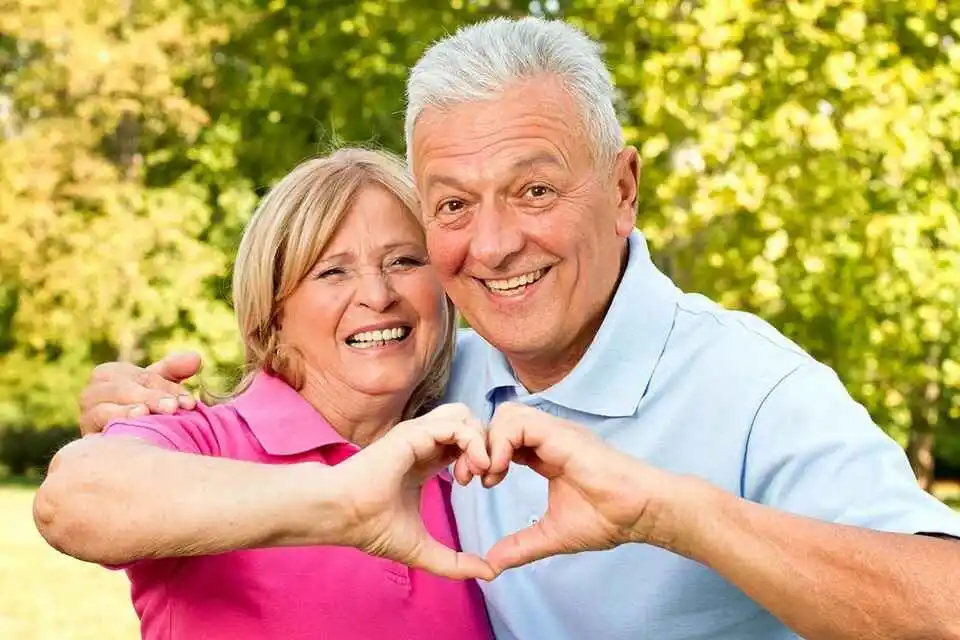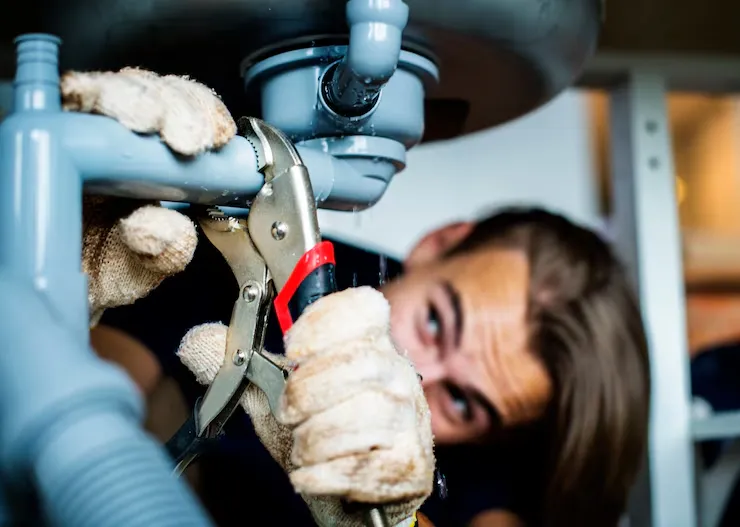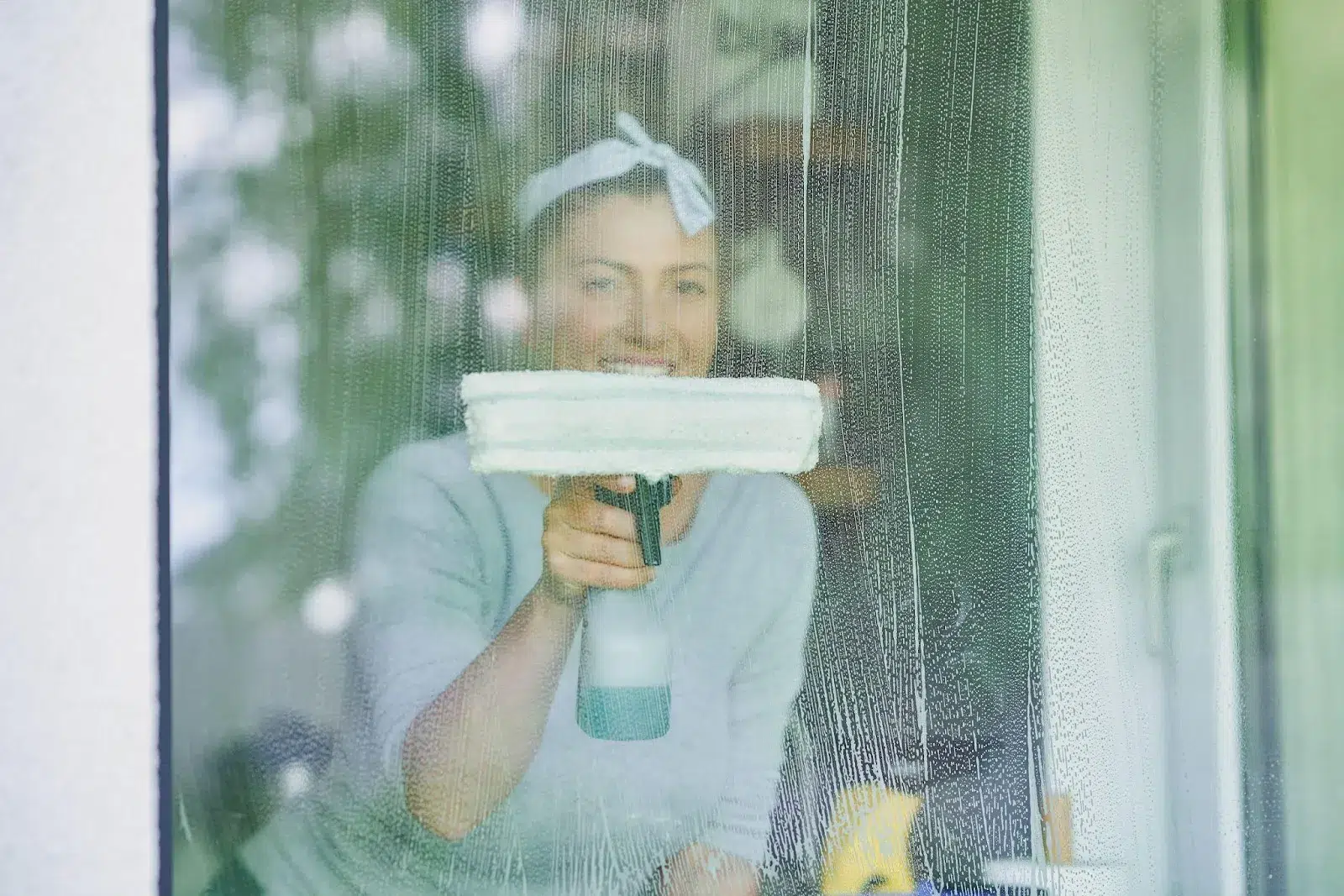Summer has settled in and it’s shaping up to be a scorcher! Extreme heat waves keep rolling in so it’s important to pay attention to your health and beat the heat when it’s sizzling outside.
High temperatures are not just uncomfortable, they are dangerous. Staying safe and cool can save your life. As we age, our ability to cope with rising temperatures diminish. On top of that, common chronic conditions such as heart, lung and kidney disease can further reduce our coping abilities.
Prepare for one hot summer! Records for the highest average temperatures on earth were shattered last year – and it’s looking like 2024 will rival 2023’s temps. We’ve already experienced heat warnings and scorching summer temperatures across the country – more than two dozen daily heat records were broken last weekend in British Columbia alone.
Heat waves put older adults in danger
Relentless hot spells put older adults in danger including severe dehydration, heat exhaustion or heat stroke. They don’t sweat or cool down as efficiently as younger adults, and the accompanying air pollution makes it harder to breathe, especially among people who already have breathing difficulties.
“Heat affects everyone, but the risks are greater for seniors, people who live alone, people with pre-existing health conditions such as diabetes, heart disease or respiratory disease, people with mental illness such as schizophrenia, depression, or anxiety, people with substance use disorders, and people with limited mobility,” Environment Canada said in one of its recent warnings.
According to Erin Gallagher, an assistant professor with McMaster University’s Department of Family Medicine, “when we develop neurological signs and symptoms like feeling more confused or having behavioural changes, we begin to worry about things like heat stroke, which can have serious consequences if untreated.”
Get ahead of the swelter by hydrating well and staying inside on unbearably hot days, said Gallagher on healthscie.mcmaster.ca. “If you don’t start the day with a good baseline hydration and you find yourself in a heat situation, you will become tired. You will have an elevated heart rate. Your blood pressure will drop. You will get what is commonly referred to as heat exhaustion.”
Keep cool during heat waves
Take these general tips for beating the heat and staying healthy:
Don’t wait until your thirsty to drink water, especially if you’re outdoors. It’s extremely easy to overheat and to become dehydrated, especially people in their 60s and older. Always take along a refillable water bottle. Watch out for signs of dehydration include dizziness, dry mouth and fatigue. Late-stage signs of dehydration are thirst and dark urine.
Stay out of the sun. Seek air-conditioned cool spaces during the day. Use fans too in your home to create a cooling breeze. Keep curtains and blinds closed to keep things cooler indoors. Avoid using the oven and clothes dryer.
Read also, Boost your brain health with 5 exercises
Eat food with high water content
Limit physical activity to the coolest part of the day, which is early in the morning or later in the evening. If you venture out into nature during the day, seek shade. Wear light-coloured, light-weight, sun-protective clothing and sunglasses that block UVA and UVB rays. Reapply sunscreen more often if you are sweating or swimming.
Choose the right sunscreen. Look for broad-spectrum coverage for both UVA and UVB, with an SPF of at least 30 for adults, and ideally water resistant too. Remember to reapply every two hours for optimum protection.
Eat light, regular meals and include foods with high water content like strawberries, cucumbers, watermelon and fresh greens. Salads and smoothies are a great choice. Avoid consuming too much salt, caffeinated drinks and alcohol. Sun and alcohol is not a good combination. Caffeine and alcohol can dehydrate you.
Check up on the elderly
Keep in mind prescription medication can make seniors more sensitive to heat, including anticholinergics (used to treat COD) which reduce the capacity to sweat. A side effect of beta blockers and diuretics, which control blood pressure, is dehydration. Always store medications at room temperatures so they don’t lose their effectiveness.
Be sure to check in on elderly family, friends and neighbours. Being forced to stay indoors out of the heat can bring on depression and isolation. Those with cognitive issues or dementia may not understand the health risks or take the necessary precautions to stay safe in extreme heat.
Environment Canada sums it up: “Check on family, friends and neighbours, who are at higher risk, particularly if they live alone, to make sure they have a cool space. Watch for the effects of heat illness: heavy sweating, rash, cramps, fainting, high body temperature and the worsening of some health conditions. Never leave susceptible people, particularly children, or pets inside a parked vehicle. If you are in an overheated area, seek a cool place such as a tree-shaded area, splash pad, misting station or air-conditioned spot like a public building.”




